The Motherload is a look at the realities of contemporary motherhood in the time of post-pandemic pressures,...


The Motherload is a look at the realities of contemporary motherhood in the time of post-pandemic pressures,...
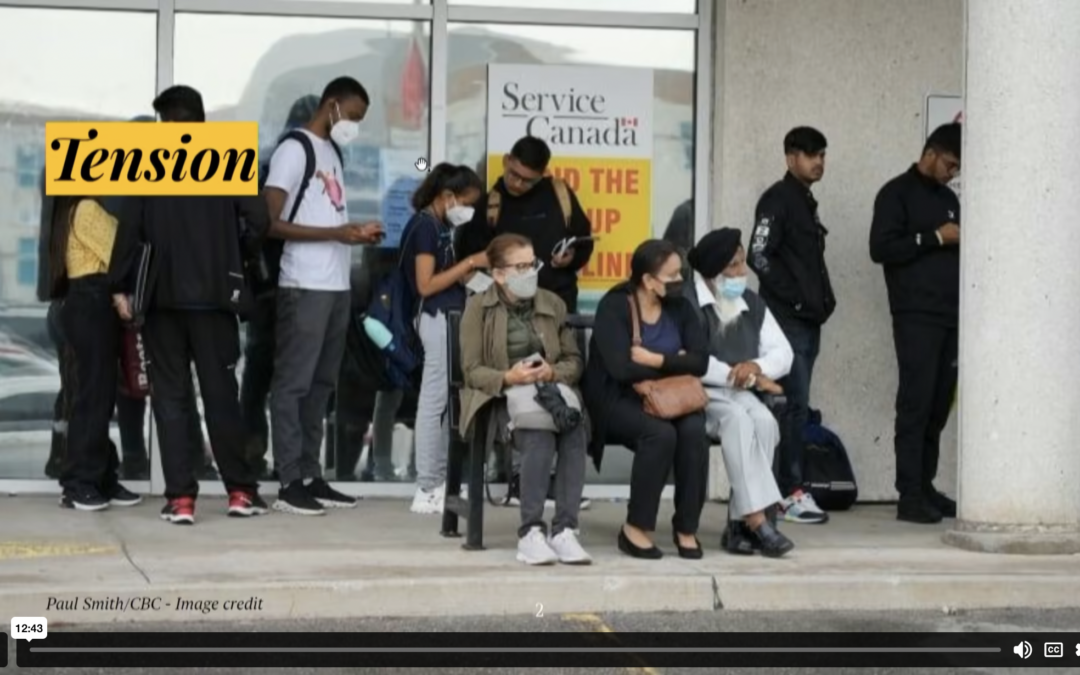
Government websites and online services are often built with limited input from the people they serve. This approach limits their ability to respond to ever changing needs and contexts. This case study describes...
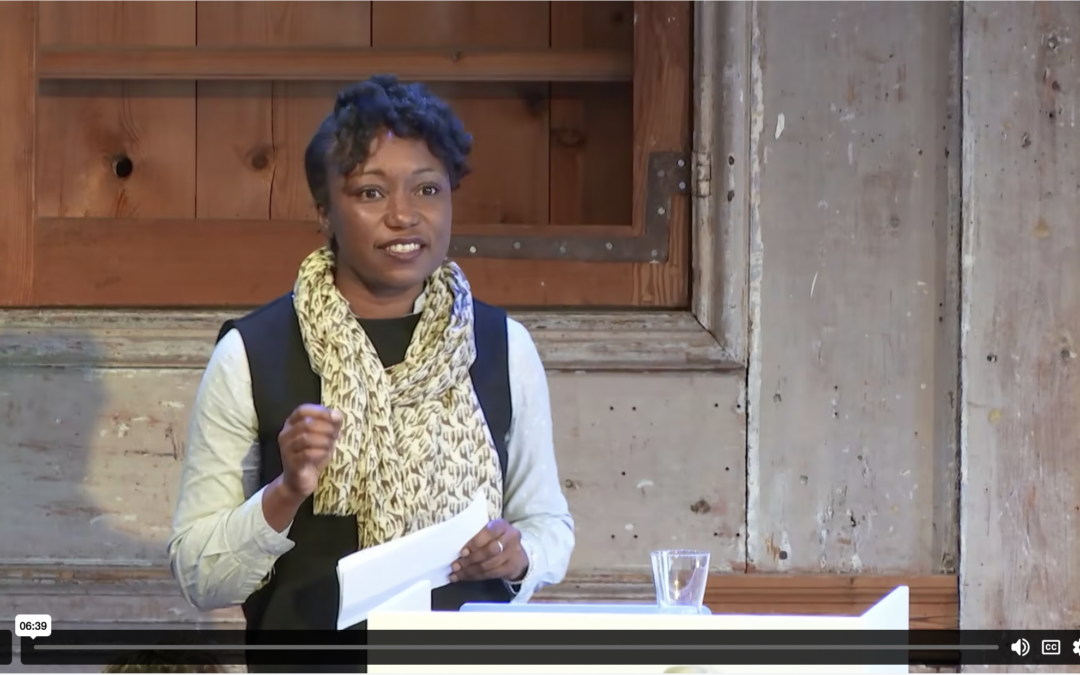
What happens when the research lens is turned inward? As a Strategic Designer, I spend most of time planning for research to engage with people so I can better understand their needs and behaviors and turn...
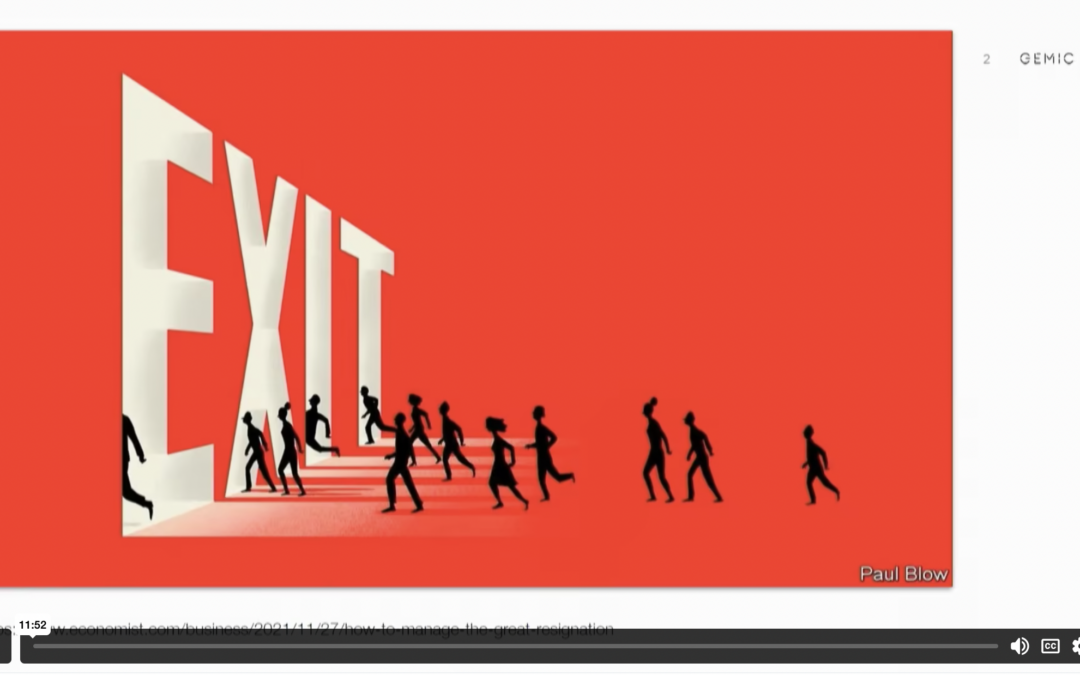
This paper explores recent developments in anti-work theory to identify key learnings for ethnographers in industry. It focuses in particular on how anti-work perspectives allow us to rethink the managerial...
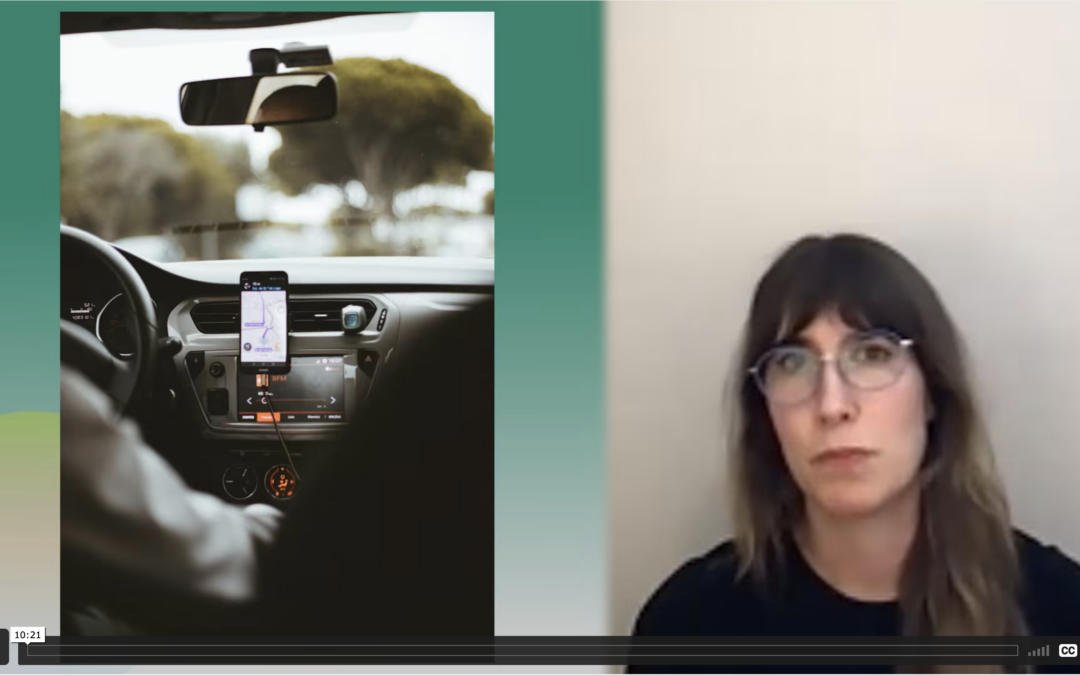
A leading automaker needed to safely study the impact of the COVID-19 pandemic upon driver and passenger experience to effectively prioritize future in-vehicle features related to cleanliness. In this case study, we'll share our approach and retrospective learnings on how to understand,...
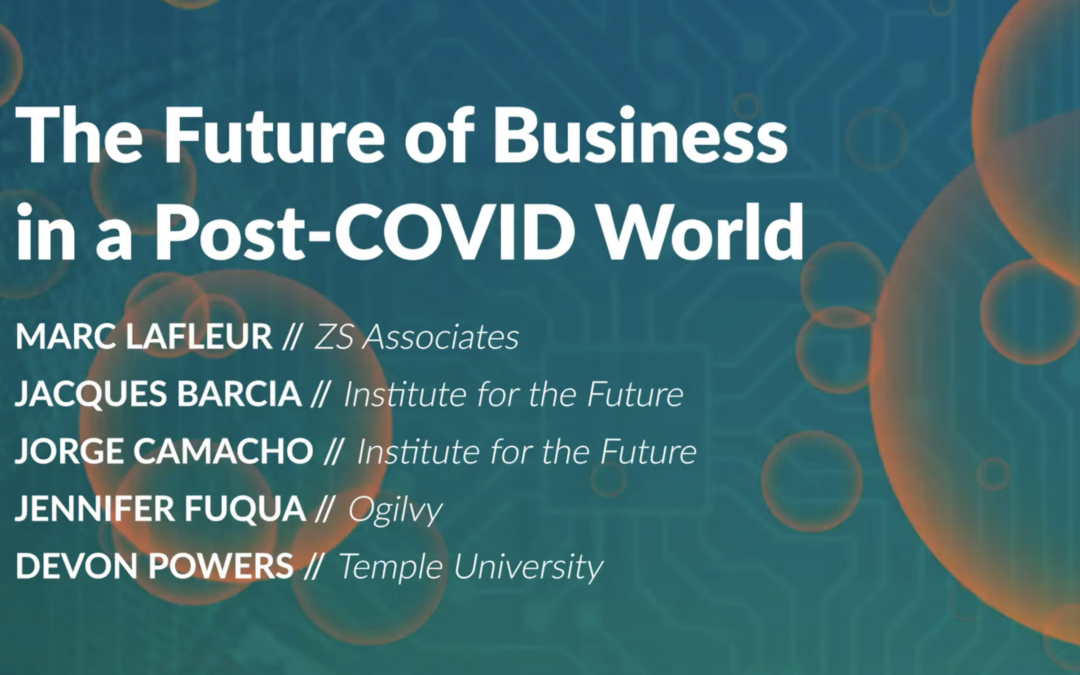
Events of the 18 months have upended questions of the future and, for business, cast a new light on how it might better contemplate and plan for uncertainties. COVID has also opened up a new sense of potential when it comes to re-inventing or designing better or new futures for ourselves,...
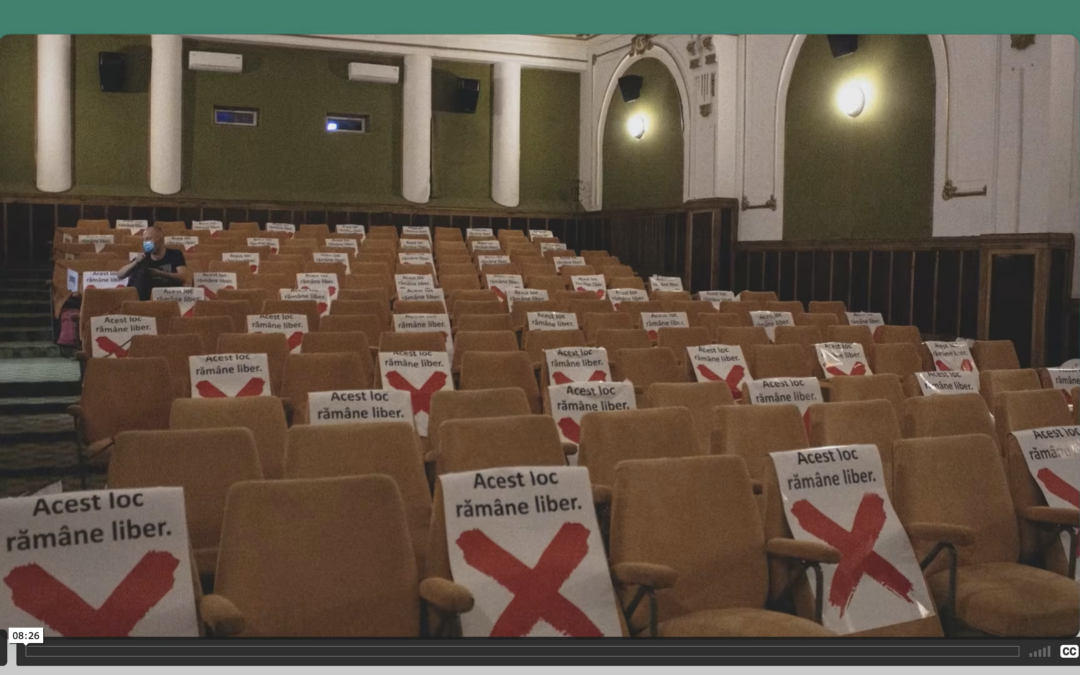
There has been significant interest in Futuring as a discipline after COVID-19, as multiple industries are beginning to interrogate their post-Covid future. Quantum Consumer Solutions and Unilever came together to interrogate the post-COVID future of hygiene in Europe, to inform brand and product...
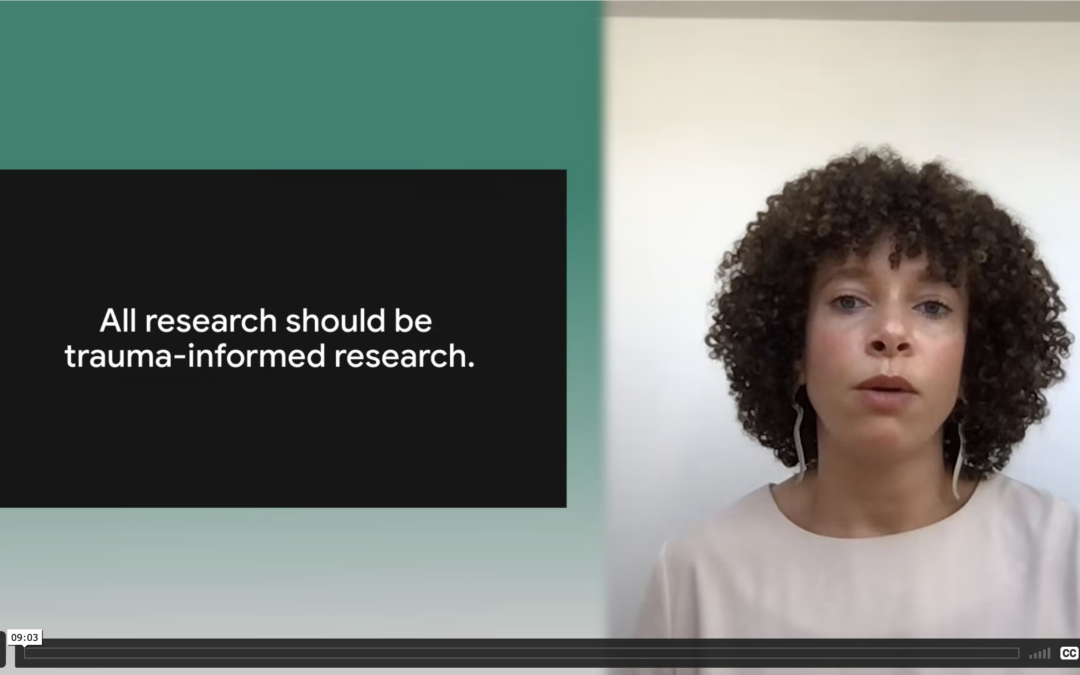
This case study argues that all research should be trauma-informed research. It asserts that because researchers cannot anticipate everything about research participants’ needs, histories, and context, taking an approach that assumes all participants are more likely than not to have experienced...
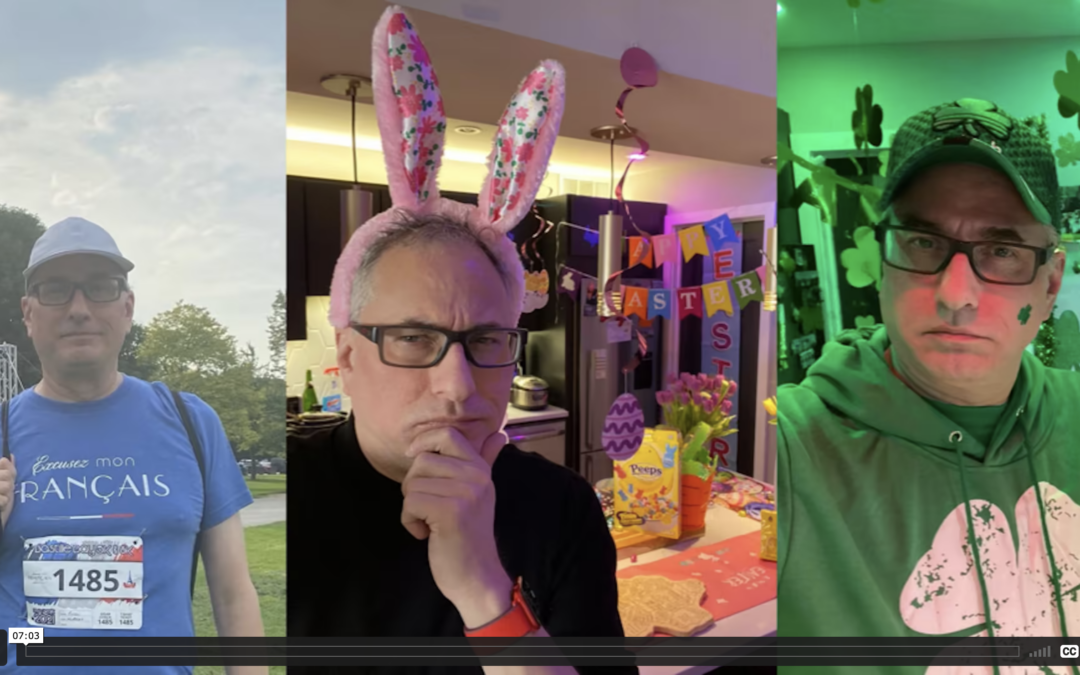
PechaKucha Presentation: COVID-19 disrupted so much. It also disrupted rituals, holidays and events on an incredible scale. Many of us lost track of time without these expected markers. But 2021 is all about a new perspective. I found myself anticipating and wanting to engage with rituals as never...
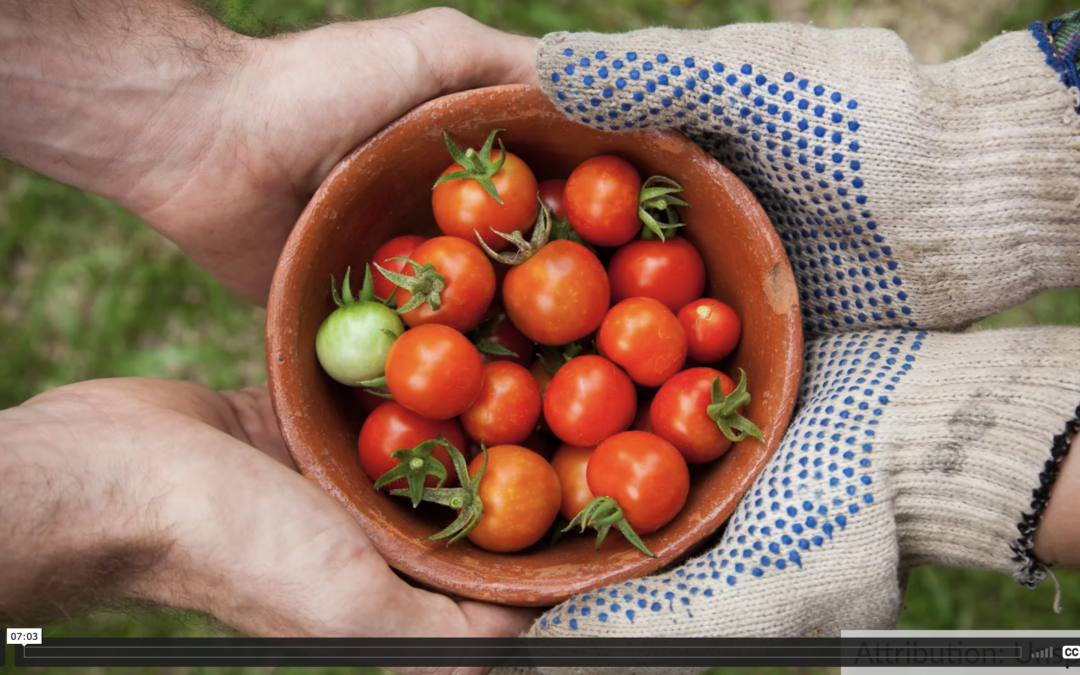
PechaKucha Presentation—Unprecedented. Unprecedented. Unprecedented. How often did we hear that word at the onslaught of the Covid-19 pandemic? But was it really unprecedented? We’ve been warned for years that a pandemic was imminent. We know the world has been devastated by them in the past. So...